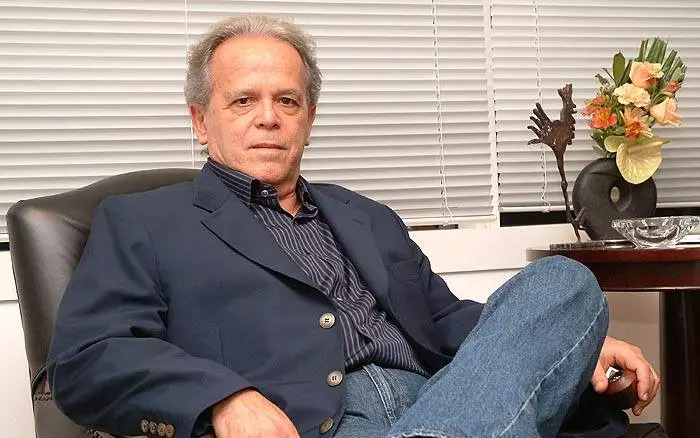
Economist José Roberto Mendonça de Barros has evaluated as a policy and without economic foundation the decision of former US President Donald Trump to apply rates on Brazilian products exported to the US market. The statements were published in the column of journalist Miriam Leitão, in The globe.
Mendonça de Barros classified the measure as “stupid from the economic and 100% political point of view,” commenting on the effects of the new tariff policy. For him, the decision may have a limited impact on some segments of Brazilian agribusiness, but tends to have direct consequences for US consumers, especially in the food sector.
In the case of products such as coffee and orange juice, which lead Brazil’s exporting agenda to the US, the economist evaluates that tariffs should not interrupt commercial flow in the short term. This is because, according to him, Americans do not have viable alternatives to replace these items immediately.
Nevertheless, Mendonça de Barros states that the market should react with caution and that there is a tendency for temporary reduction in coffee sales, while awaiting negotiations between the two countries. He notes that US importers can choose to postpone new orders until there is more clarity about Washington’s trade policy.
The economist also commented on the effects on the export of Brazilian meat, which had been increasing due to restrictions on the internal production of the United States. According to him, the imposition of tariffs tends to pressure prices on US retail. “This will appear in supermarkets,” he said, noting that the impact will directly fall on US consumers.
As for soy, Mendonça de Barros recalled that the main destination of Brazilian exports is China, not the United States. The reason, according to him, is the fact that the Americans themselves are major producers of this commodity, which makes this market less relevant to Brazil in this specific segment.
In the industrial sector, the economist said that Brazilian exports to the US do not compete with local production, but work in a complementary way. He cited as an example the steel plates used by automakers and the aeronautical industry, including Embraer planes, which serve US airlines.
For Mendonça de Barros, the imposition of tariffs on these products can negatively affect companies from the United States, which depend on inputs from Brazil. According to him, the measure compromises integrated productive chains and can generate increased costs for the US industry.
The economist’s statements occur amid the intensification of commercial tensions between Brazil and the United States. Trump’s decision to apply 50% rates on all Brazilian products exported to the US was announced during a press conference at the White House. The former US president alleged commercial and political reasons to justify the measure.
In a letter sent to President Luiz Inacio Lula da Silva (PT), Trump stated that the trial of former President Jair Bolsonaro (PL) is a “witch hunt” and criticized the treatment given to the Brazilian former Mandanker. The official communication also included criticism of the Federal Supreme Court and the performance of Minister Alexandre de Moraes.
The repercussion was immediate in international press vehicles and led the Brazilian government to consider reciprocity measures. Among the studied options are the adoption of tariffs on US products and the opening of litigation at the World Trade Organization (WTO).
The position of Mendonça de Barros adds to other economic analyzes that point to inconsistencies in the arguments presented by Trump. Data from the US Department of Commerce indicate that the country had a surplus of approximately US $ 7.4 billion in trade with Brazil in 2024, contradicting the deficit allegation.
The measure also raises doubts about the internal effects in the United States. In addition to the impacts on consumer prices, economists point out risk of instability in productive chains and losses for companies that depend on imported inputs from Brazil.
The scenario is still uncertain and will depend on the stance that will be adopted by the two countries in the coming days. The Brazilian government has already signaled that it will seek to preserve strategic sectors of the economy and reinforce its presence in multilateral trade forums.
Meanwhile, experts like Mendonça de Barros warn that the decision can have deeper effects on the United States than for Brazil, especially in the sectors in which Brazilian products are considered irreplaceable in the short term.
Source: https://www.ocafezinho.com/2025/07/10/economista-renomado-critica-tarifa-de-trump-e-alerta-para-impactos-nos-eua/

